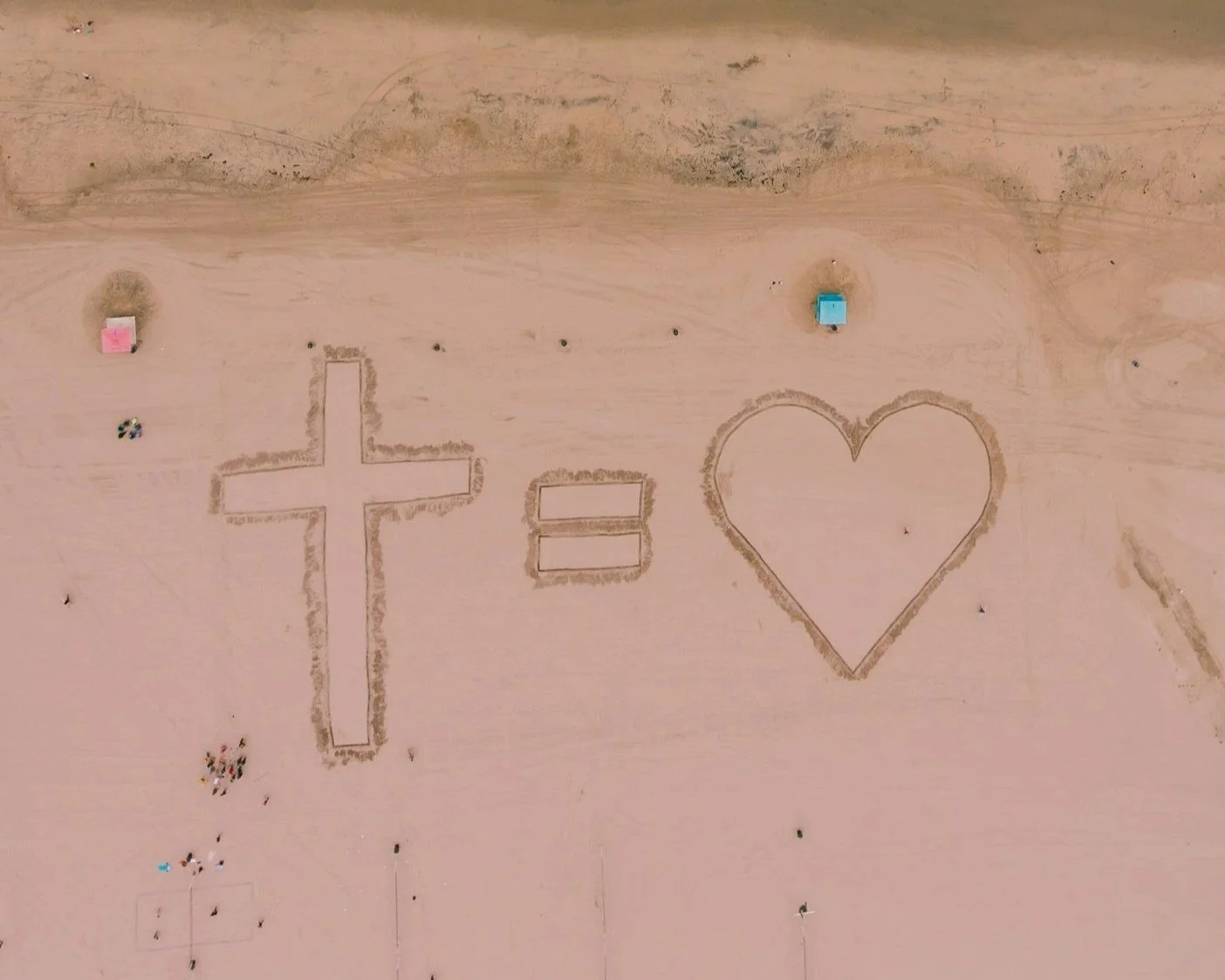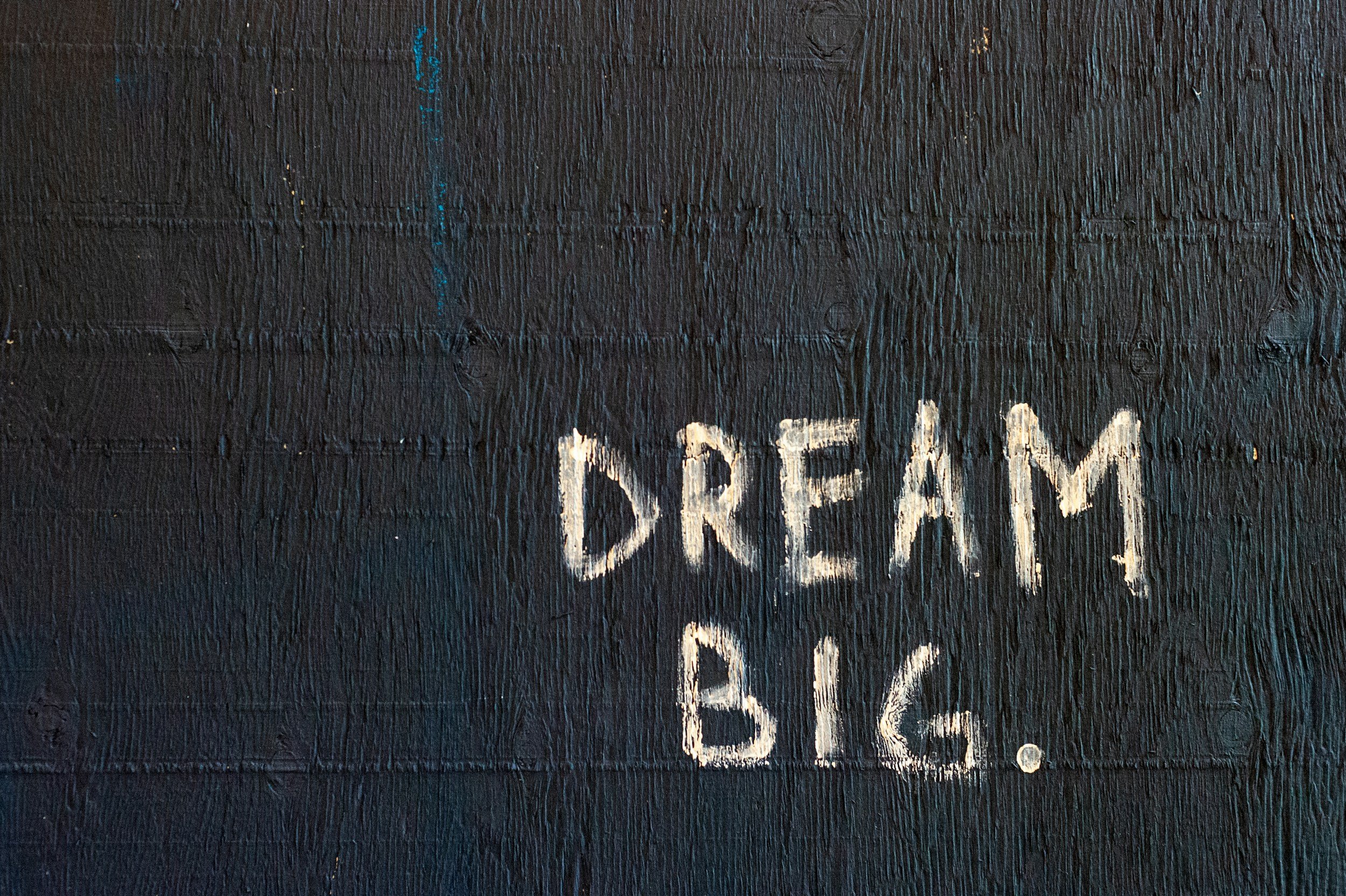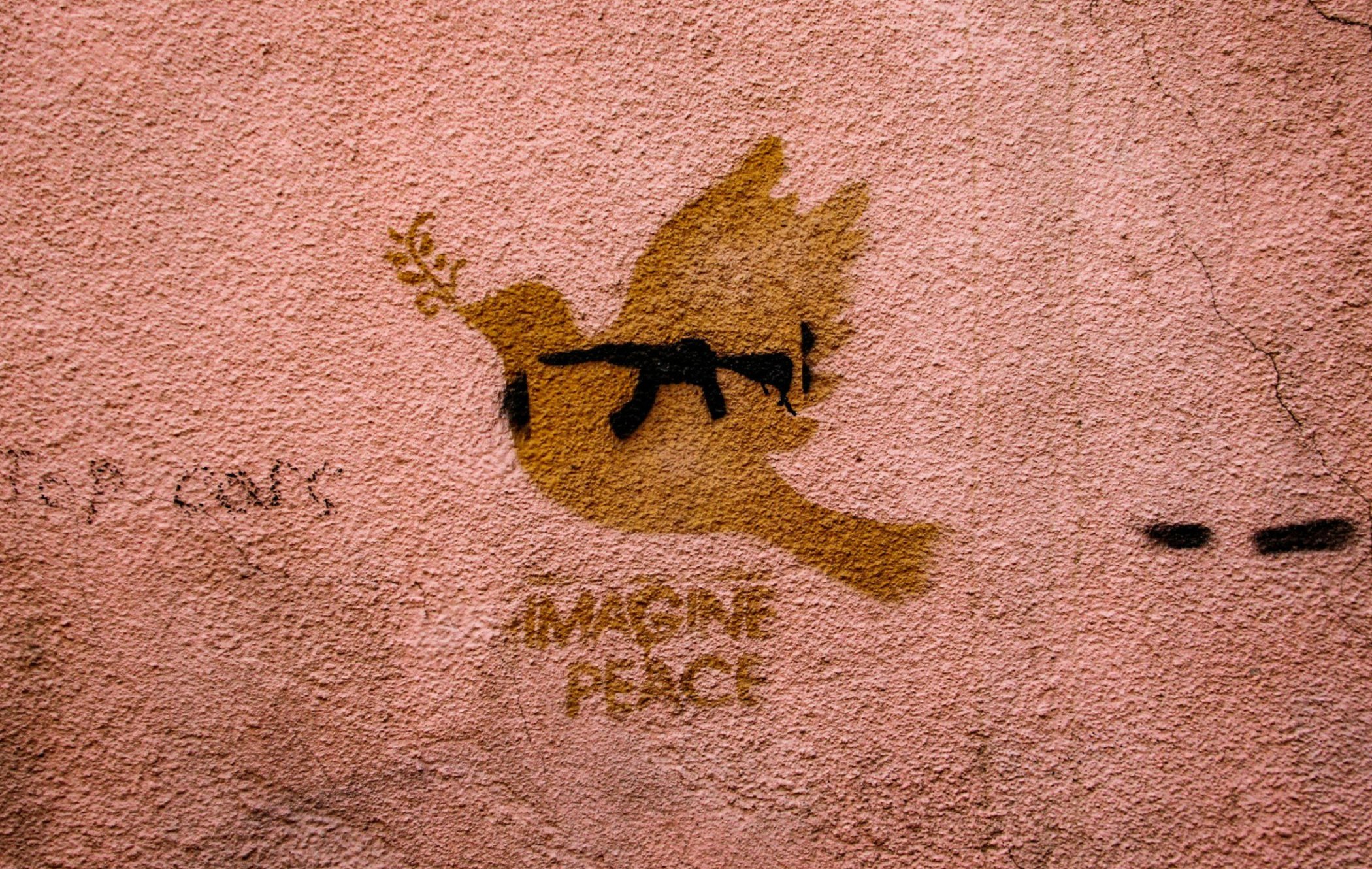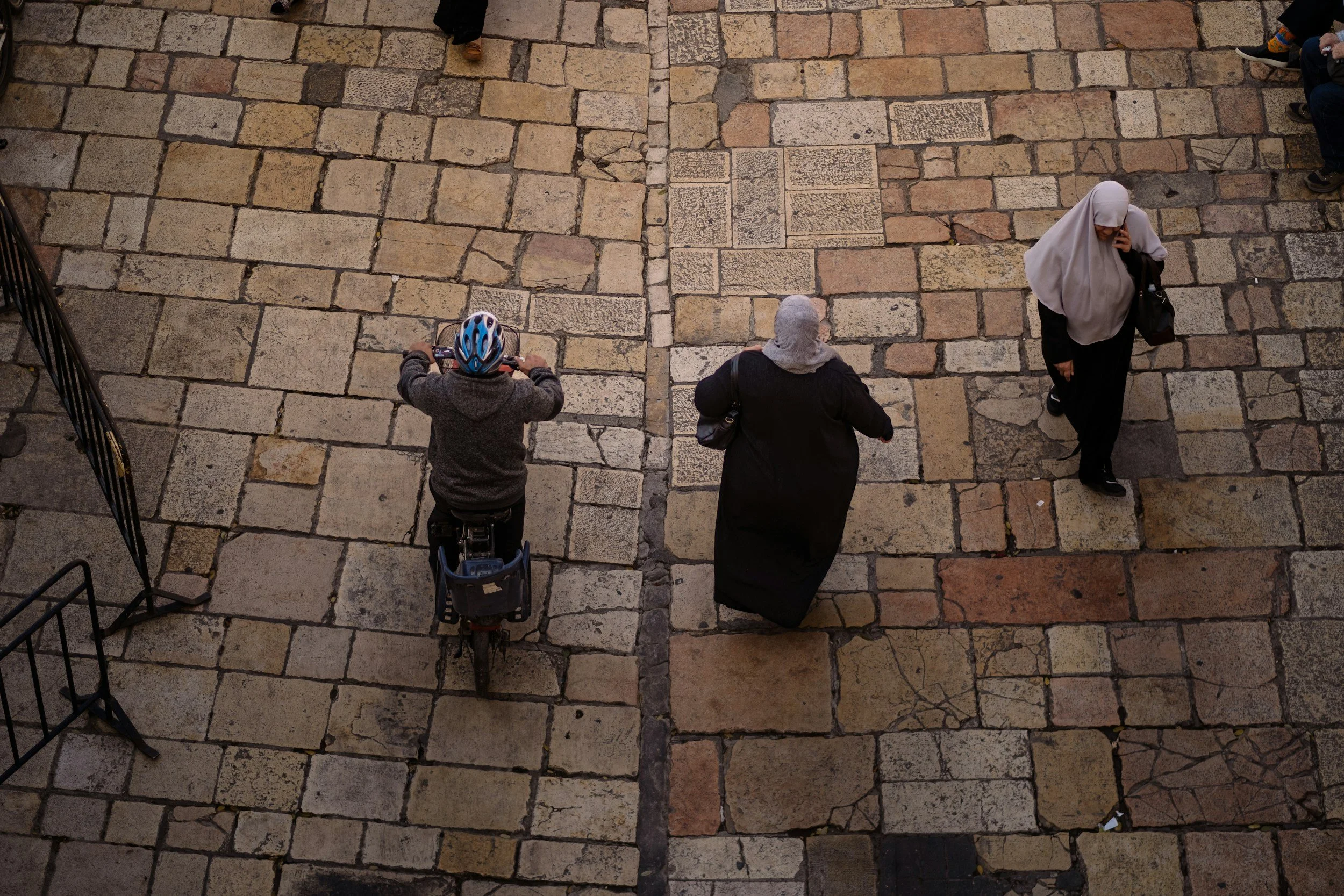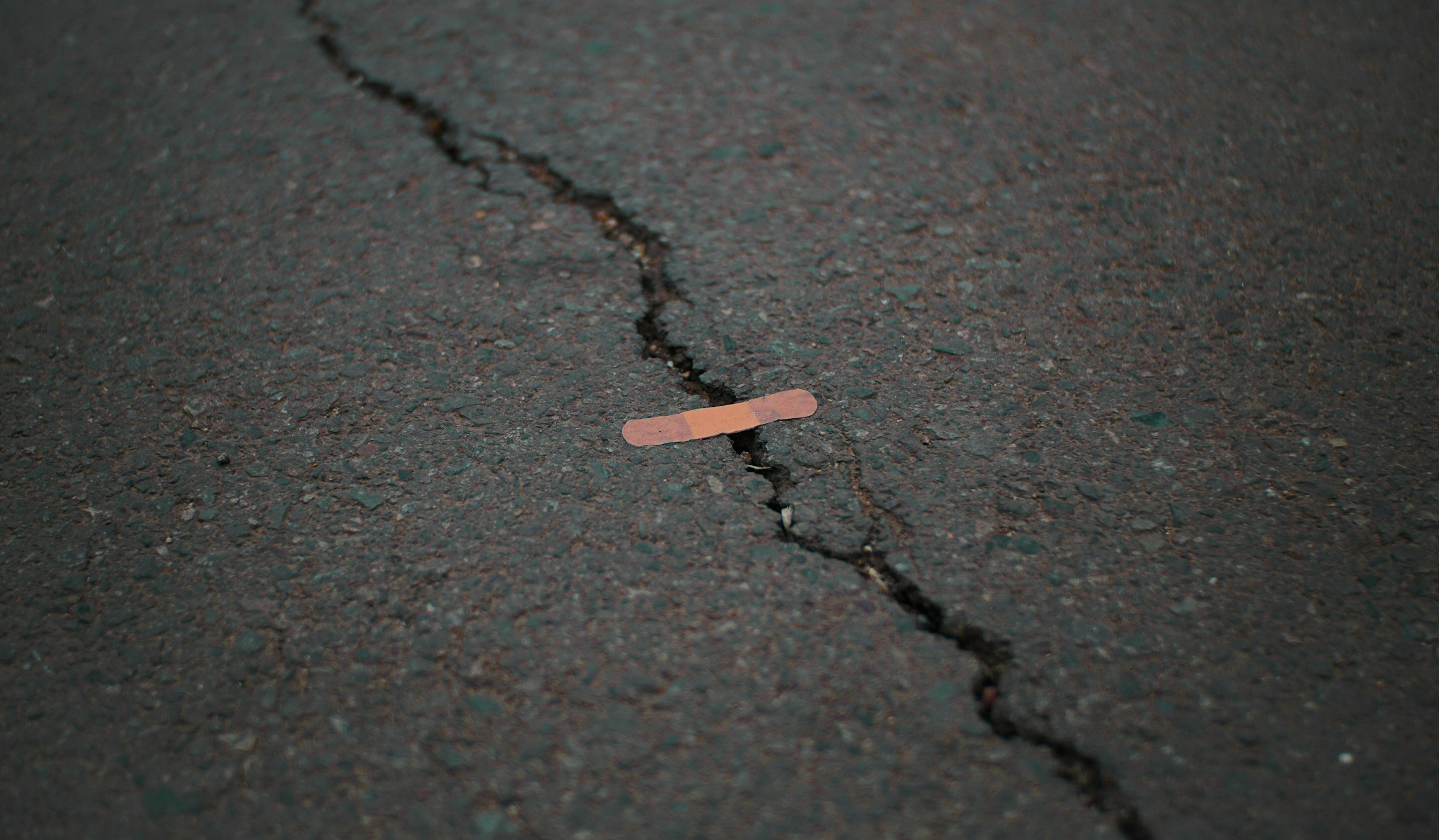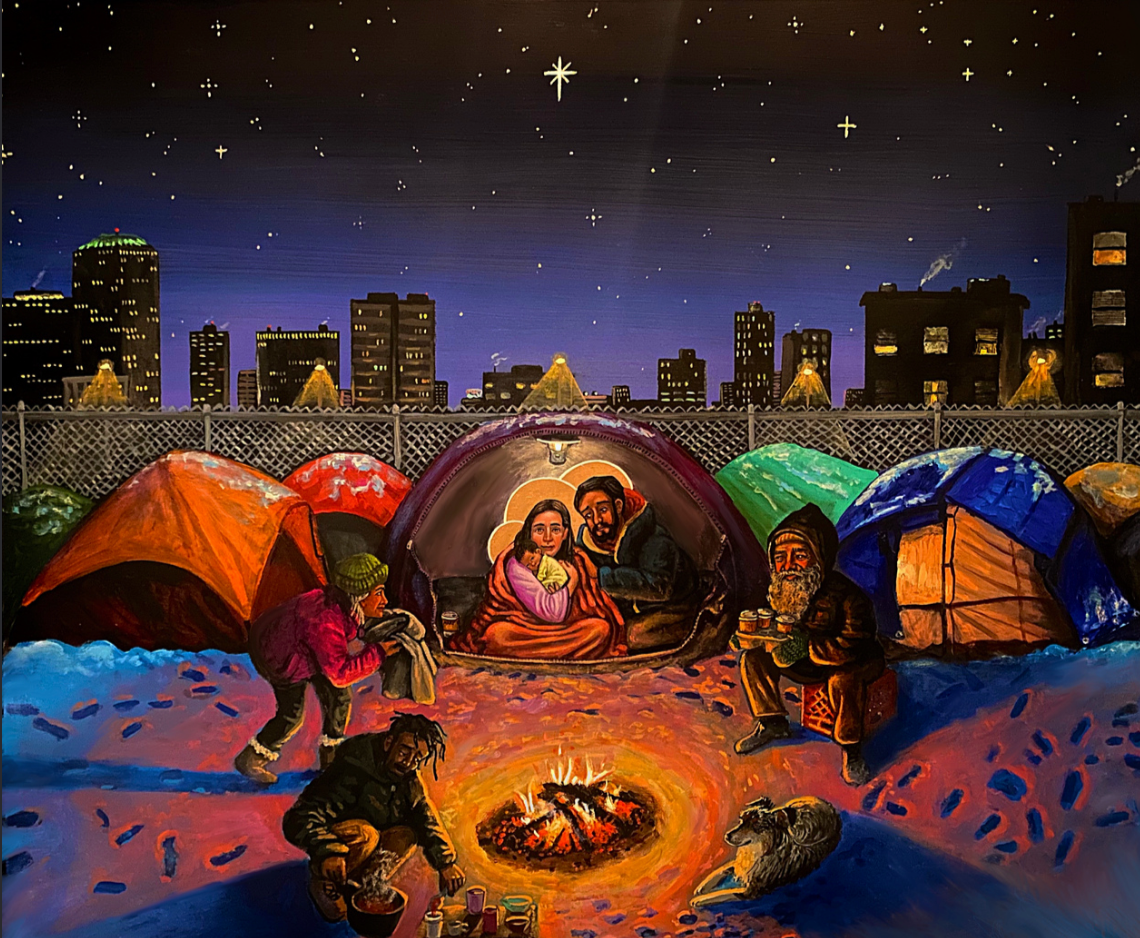LATEST POSTS
The Great Commission
Discipling the nations is not simply about getting people to believe in Jesus, but also about teaching them to live like Jesus, which can only happen when we listen to and obey what Jesus actually taught. So what did he actually teach? Here’s a reminder.
Dreaming
With so much bad news threatening to drown out hope, I felt challenged to write down a positive vision. If you feel that all your effort for good is in vain, remember that Jesus told his friends how to respond in these moments—to feed the hungry, welcome strangers, clothe the naked, heal the sick, and visit prisoners (Matt. 25). May Christians be known for such love.
Faithful Peacebuilding: Why Peacebuilding Work Is the Gospel in Action
At first glance, the work of Peace Catalyst International can seem puzzling. We build friendships across divides, step into difficult conflicts, critique the church’s entanglements with power, and insist that following Jesus means engaging in the messy, public, political work of peacebuilding. Some Christians look at this and wonder, “Why so much self-criticism? Doesn’t that just tear down the church?”, “Isn’t this getting too political? Shouldn’t the church focus on spiritual things?”, “And most importantly: how does this kind of peacebuilding relate to evangelism and the gospel?” In what follows, I want to walk through these questions—not to dismiss them, but to show why they are exactly the kinds of questions the gospel compels us to wrestle with.
The Ethics of Jesus: Why Our Theology Must Never be Separated from the Ethics of the Kingdom of God
Whatever we believe about the Jewish people, the land of Palestine, or the end times, we must begin with the basics—with Jesus. Our theology is never just about ideas. It has real-world implications. It impacts how we treat people. It either upholds the ethics of the Kingdom of God, or it doesn’t. Jesus gave us a way of living marked by love, humility, justice, mercy, self-giving, and peacemaking.
Shalom Undone: Sin, Death, and the Cycles of Harm that Enslave Us
For many, sin is an uncomfortable topic, one that evokes guilt, shame, or even avoidance. Within much of the Christian tradition, sin is often framed as a list of personal moral failings—lying, greed, lust, or anger—reducing it to a running tally of personal mistakes. Salvation, then, is commonly understood as God’s forgiveness for these moral failings and a guarantee of one’s place in heaven after death. It reduces faith to a transactional system of guilt and pardon and leaves in its wake unaddressed questions about why, if sin is about the personal misdeeds of individuals, the world is still so very broken.
Advent 2025 - The Christ Candle: God’s Peacebuilding Revolution
On Christmas Eve we light the Christ candle, the center of our Advent wreath. By recovering Advent’s light, we return to Jesus himself—the one whose birth, life, and cross revealed what God’s reign truly looks like. In Christ, divine power entered the world through vulnerability; divine justice arrived through mercy. His coming was—and remains—God’s peacebuilding revolution: nonviolent, enemy-loving, and world-renewing.
Advent 2025 - Love: Incarnational Solidarity in the Face of Fear
In much of modern Christianity, love has become a sentimental feeling of warmth toward family, affection toward God, or admiration toward others. But biblical love is not an emotion; it is a revolution of relationship. It names God’s self-giving solidarity with a wounded world. It is the choice to draw near when fear pushes us toward distance.
Advent 2025 - Joy: Defiant Celebration in the Face of Empire
Every Advent, the third candle burns for joy. Yet this word, like “hope” and “peace,” has been emptied of its full power. In much of modern faith, joy has become a synonym for positivity—the demand to keep spirits high, to smile through discomfort, to make worship cheerful even when the world is not. But the joy of scripture arises from trust that God’s future is breaking into the present.
Advent 2025 - Peace: God’s Disruption of Violent Order
Every Advent, the second candle flickers for peace. Yet like hope, this word has grown soft in the Christian imagination. “Peace” has come to mean inner calm, social quiet, or the absence of visible conflict. But throughout Scripture, peace is not just the absence of conflict, but the presence of justice. The Bible’s peace—shalom—names the wholeness of creation restored, the healing of injustice, the reconciliation of enemies, and the overthrow of every false order built on domination and control.

